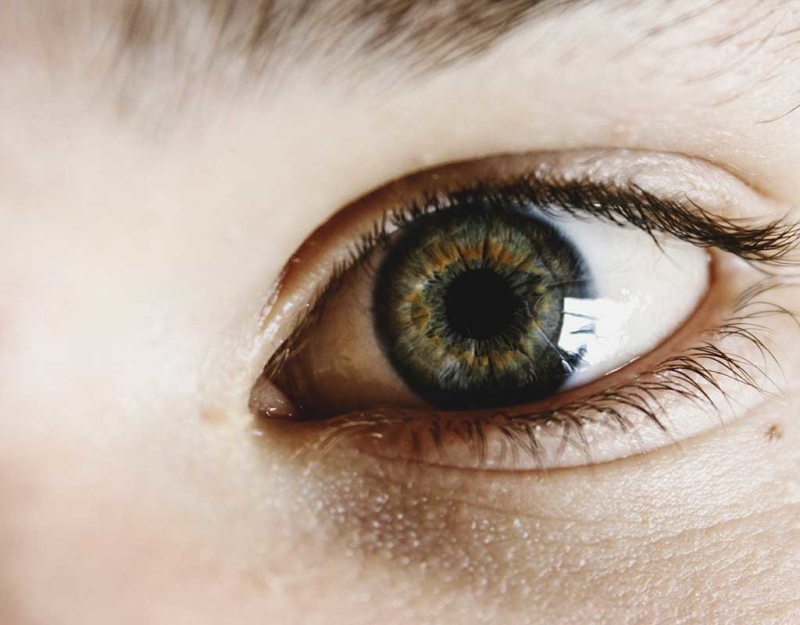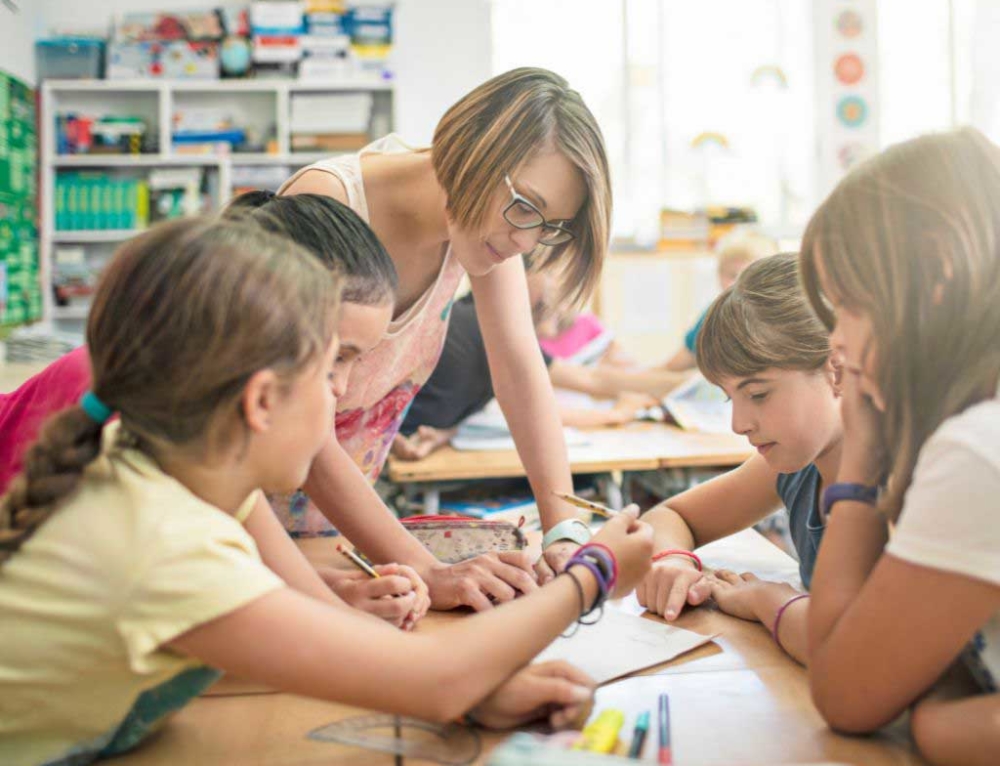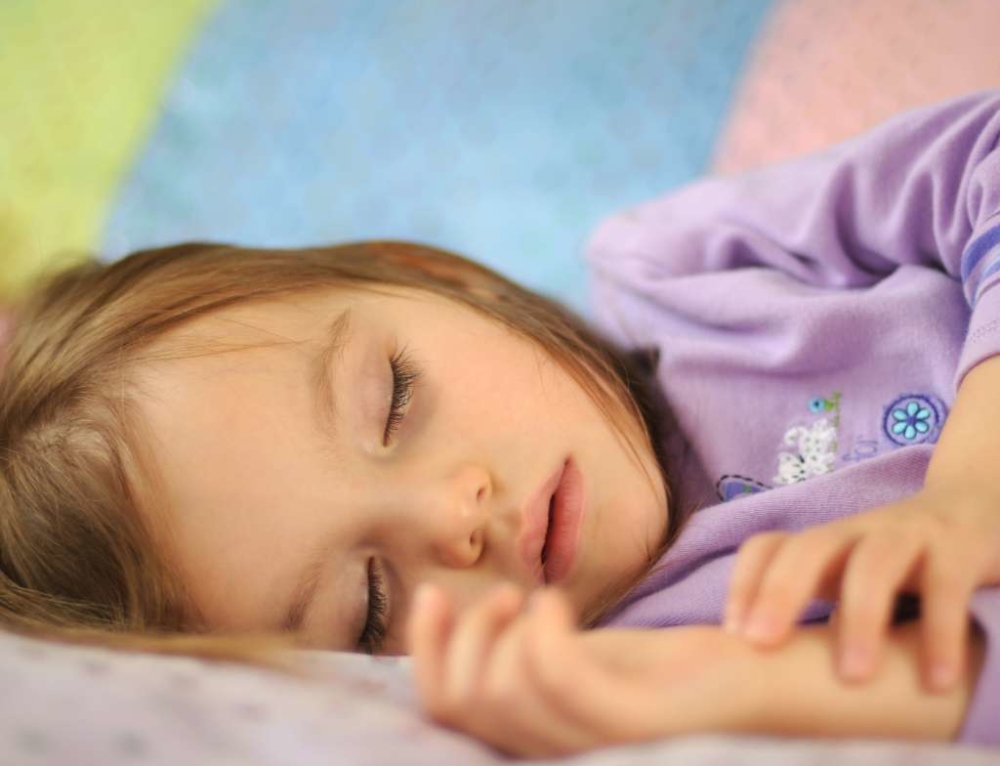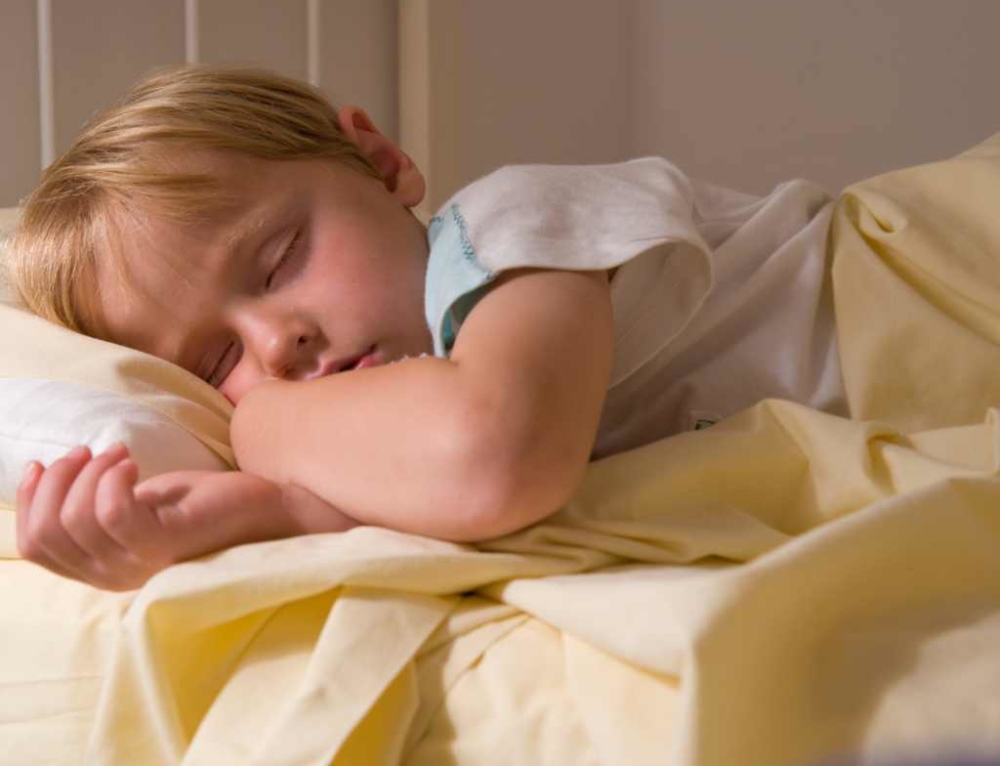Children, including pre-schoolers are spending more and more time on devices such as phones and tablets and studies have shown that excessive use can lead to a range of problems, one of which is poor eye health.
We use our eyes for everything we do throughout the day and there is a clear link between children’s performance at school and doing other activities such as sport, and their ability to see well.
Preventing damage and detecting problems early are vital to ensuring your child continues to see well.
What can a healthy eye do?
In order to have good eye health and visual skills, eyes need to be able to focus and shift focus up close and into the distance, coordinate with each other, track, and integrate visual information with other information from our other senses enabling us to understand what we are seeing.
Kids and screen time
A recent analysis of data from more than 5000 New Zealand preschoolers1 showed that at 2 years of age, children are using screens for an average of 1.5 hours a day and this increased to 2 hours at 3.75 years of age.
Evidence is emerging that older children and teens are using screens for more than 10 hours a day – this is a combination of school and personal use. Excessive use is linked to a whole range of health issues emerging including poor language development, weight gain, sleep problems and a range of eye issues.
Lutein and eye health
Like all of our body’s functions, good nutrition is an important input for keeping your eyes healthy.
A tiny but very important part of eyes is the macula – the central area of the retina which controls how sharp your vision is. It is believed that lutein along with other nutrients play a key role in the health of the macula. Further, these nutrients help block blue light from screen use from reaching into the retina, reducing the risk damage that could lead to macular degeneration (AMD). Luteine also works to protect the eyes from damage from free radicals.
Lutein can be found in a range of food including spinach, kiwifruit, grapes, eggs and broccoli or in a daily multivitamin that contains lutein.
Checking your child’s eyes
It is important that your child has regular eye examinations. When you child was born, they would have been screened for a range of serious eye conditions and your Well Child provider will also be conducting a series of checks. The B4 School Check also includes vision screening and then your child won’t be checked again until they are 11 or 12 years old (Year 7) and from then there is no routine checking.
You can keep an eye out for any signs that might indicate a problem. Signs include dislike of close up reading or closing one eye while reading, squinting, rubbing eyes, using a finger to keep place while reading, headaches and titling their head to one side. Make regular eye exams a part of your child’s healthcare schedule because it can be tricky to tell if they are developing an eye problem.
If you are at all concerned about your child’s vision, it’s important to get it checked. A subsidy for glasses and vision tests is available to some families.
1 Effects of screen time on preschool health and development
Has your child had eye problems?
See more:
 Written by Robyn
Written by Robyn
Robyn creates content on Kidspot NZ. Her hobbies include buying cleaning products and wondering why things don’t then clean themselves, eating cheese scones with her friends, and taking her kids to appointments.
Favourite motto to live by: “It’s just a phase.”







I have two boys who both wear glasses, and have done since 4. We get yearly checkups at the optometrist which is great. I didn’t know there were supplements that helped with eye health though.
The screen time statistic result is scary nowadays…at the young age how we spend our times on the screen can easily deteriorate our health. I enjoy reading articles like this to remind me tthat we need to be mindful of what are actions will do to our health. Our eyes especially, once damaged, cannot be entirely fixed.
Need to take my little ones to get their eyes checked…its good to know what to do early one…so will do that soo .
2 of my 3 boys are glasses wearing kiddos. Though my eldest now doesn’t seem to need them as much as he did in his younger days.. His eye issues weren’t picked up u til he was 7 and it was only because his hand writing just wasn’t improving the teacher suggested an eye test and boom poor dude couldn’t see at far distances… Once we did suss glasses etc hes never looked back.
My youngest however we picked up quite quickly as he showed all the obvious signs… Tilting head, headaches, squinting eyes, sitting super close to TV etc… We found out his left eye is shaped like a rugby ball and both eyes can’t see far very much at all, he currently has really strong lenses to magnify and draw in whatever he’s looking at… I get a literal headache the moment I put his glasses anywhere near my eyes… But man I felt so sorry for him… 3 years of trying to deal with that or thinking it was normal… But so relieved we picked up on it before school started and it was the b4 school check that did so…. He’s now like a different child and so confident… Plus his glasses are awesome and glow in the dark
Its pretty crazy reading the statistics of children and eye problems. Its so hard to limit screen time when it’s at school aswell with iPads and now Chromebooks are compulsory from a certain again so theres none of that pen to paper alot of the time. Its all I technology based learning sadly. My daughter has had no eye issues at all. Meanwhile my son on the other hand has had lazy eyes and had eye surgery at 2years old so his eyes are very important to us and we see a specialist yearly now as he still often gets lazy eyes when he is tired and has been told he may need another surgery at 7 years old. He has no glasses and his vision is great its just his wondering eyes that are the problem.
Gosh a bit scary really – we limit the screen time for our 6 year old daughter. We did have a tablet which died well over a year ago and we didn’t replace it. She sometimes uses an old cellphone that’s not connected to play games, but not too often. She did have squint when she was quite young and had eye tests etc done, but it has righted itself thankfully
I have actually had two out of three children which ended up having to get glasses one for reading only and the other for everything in the class so it seems very common. We go to a glasses place which specialise in school vision. Devices are no good for there eyes either and unfortunately are becoming more common everywhere.